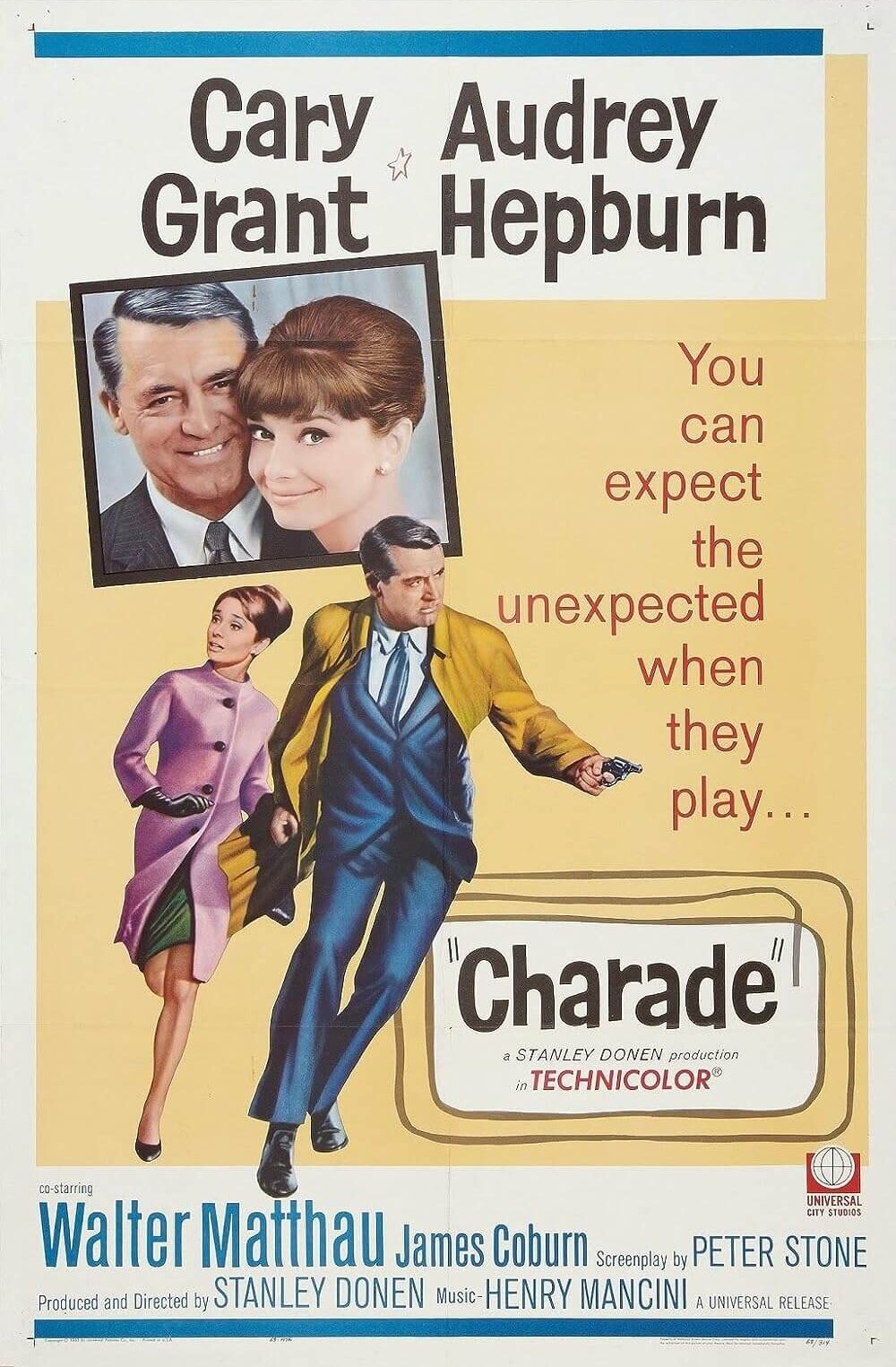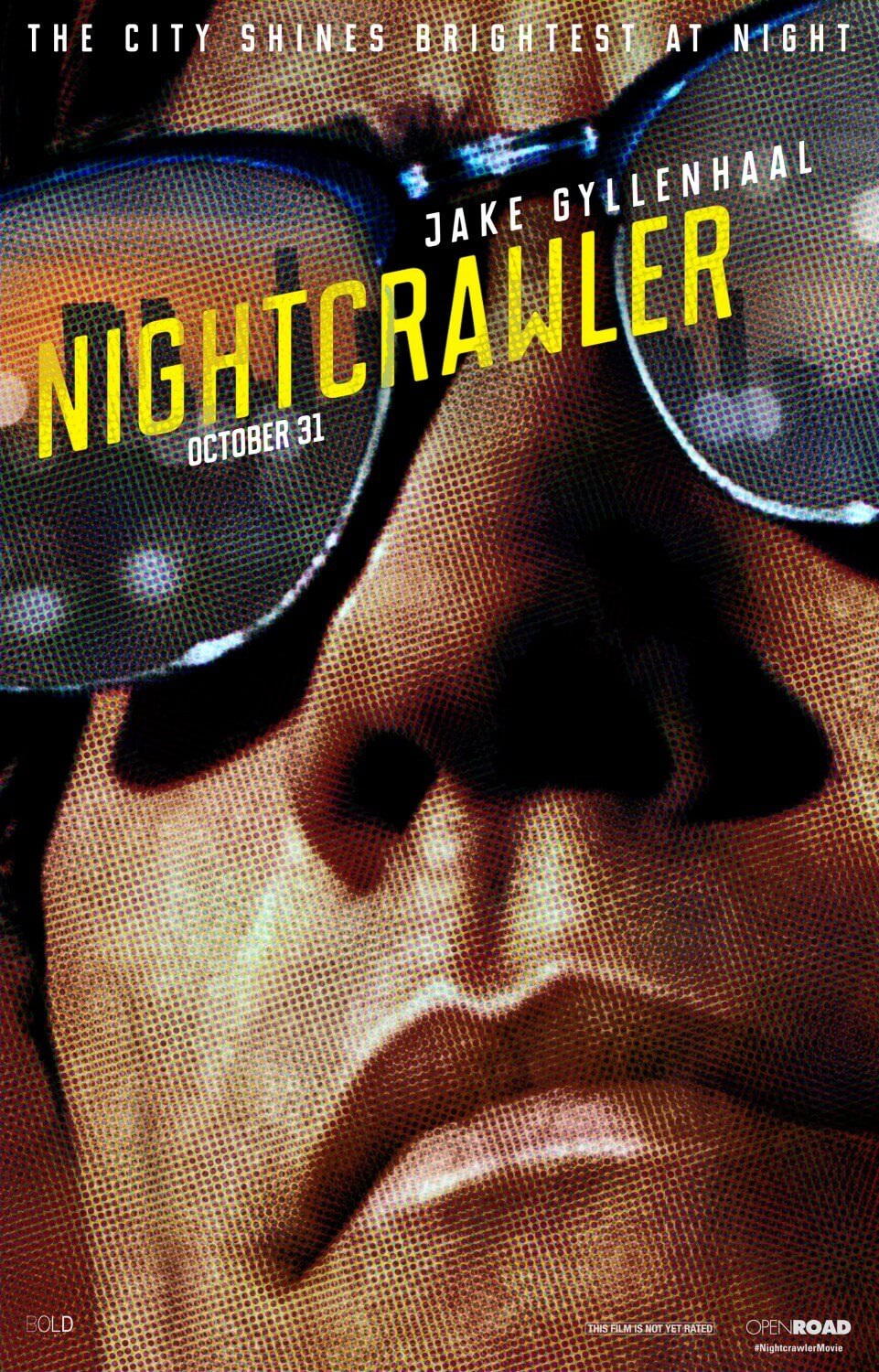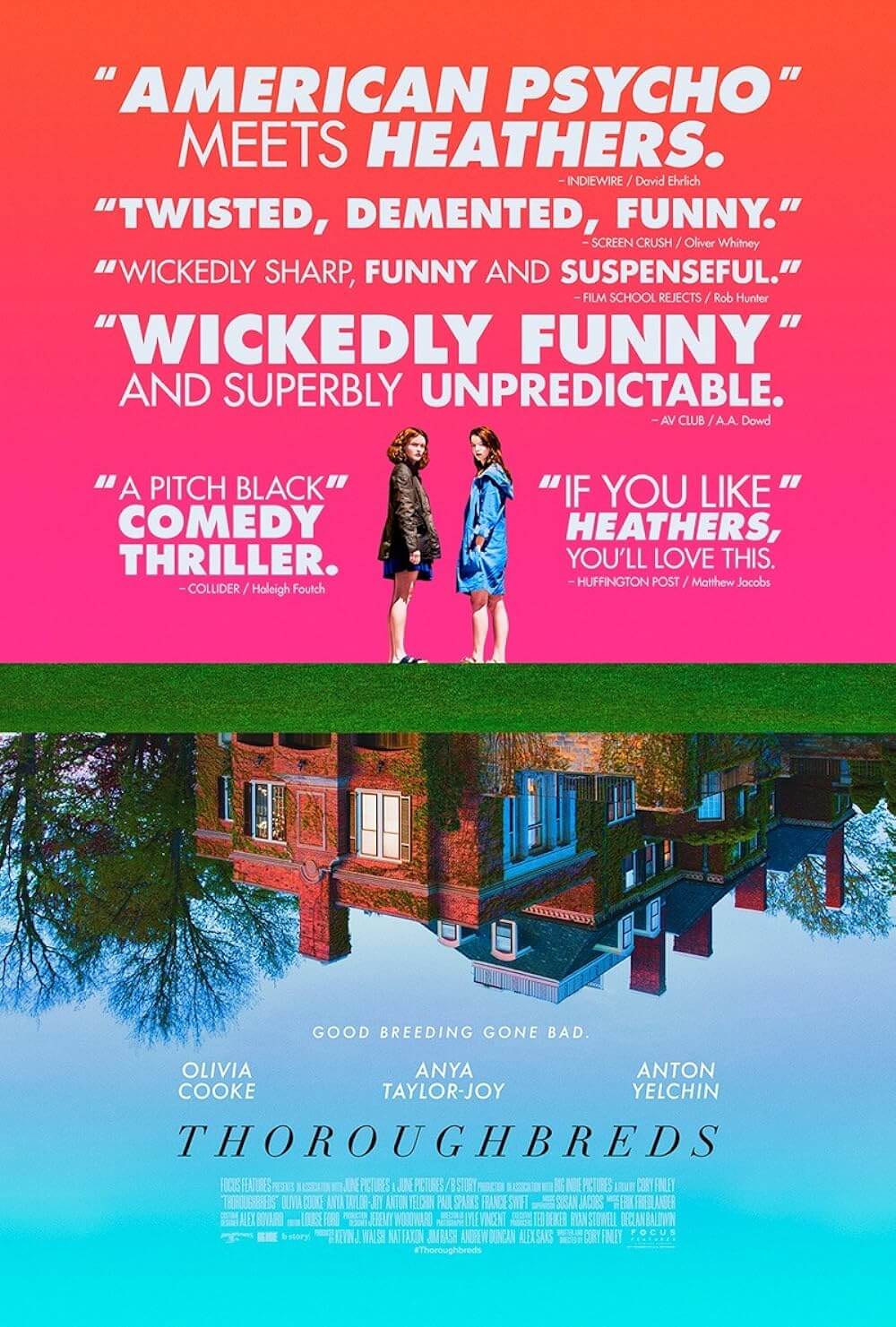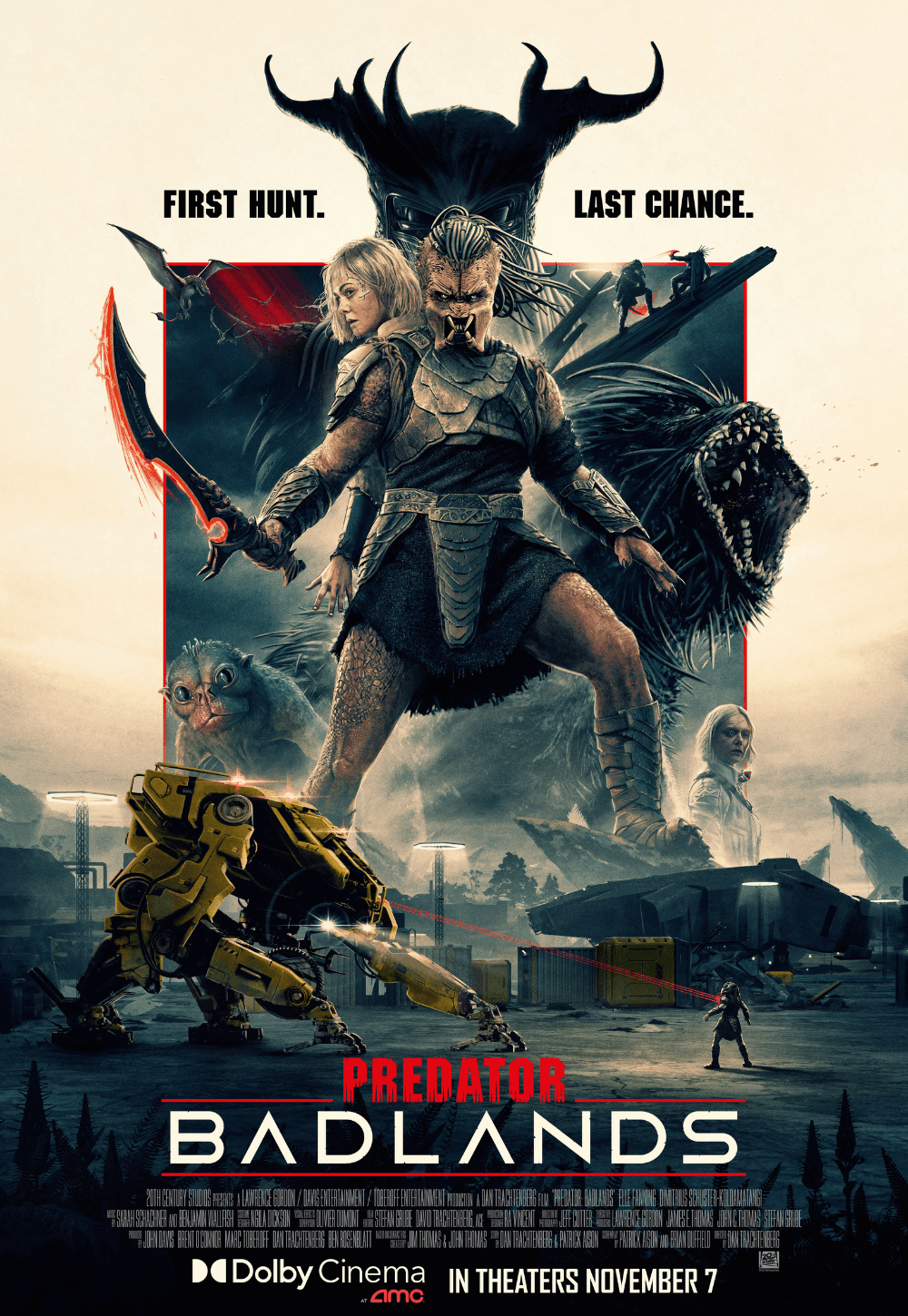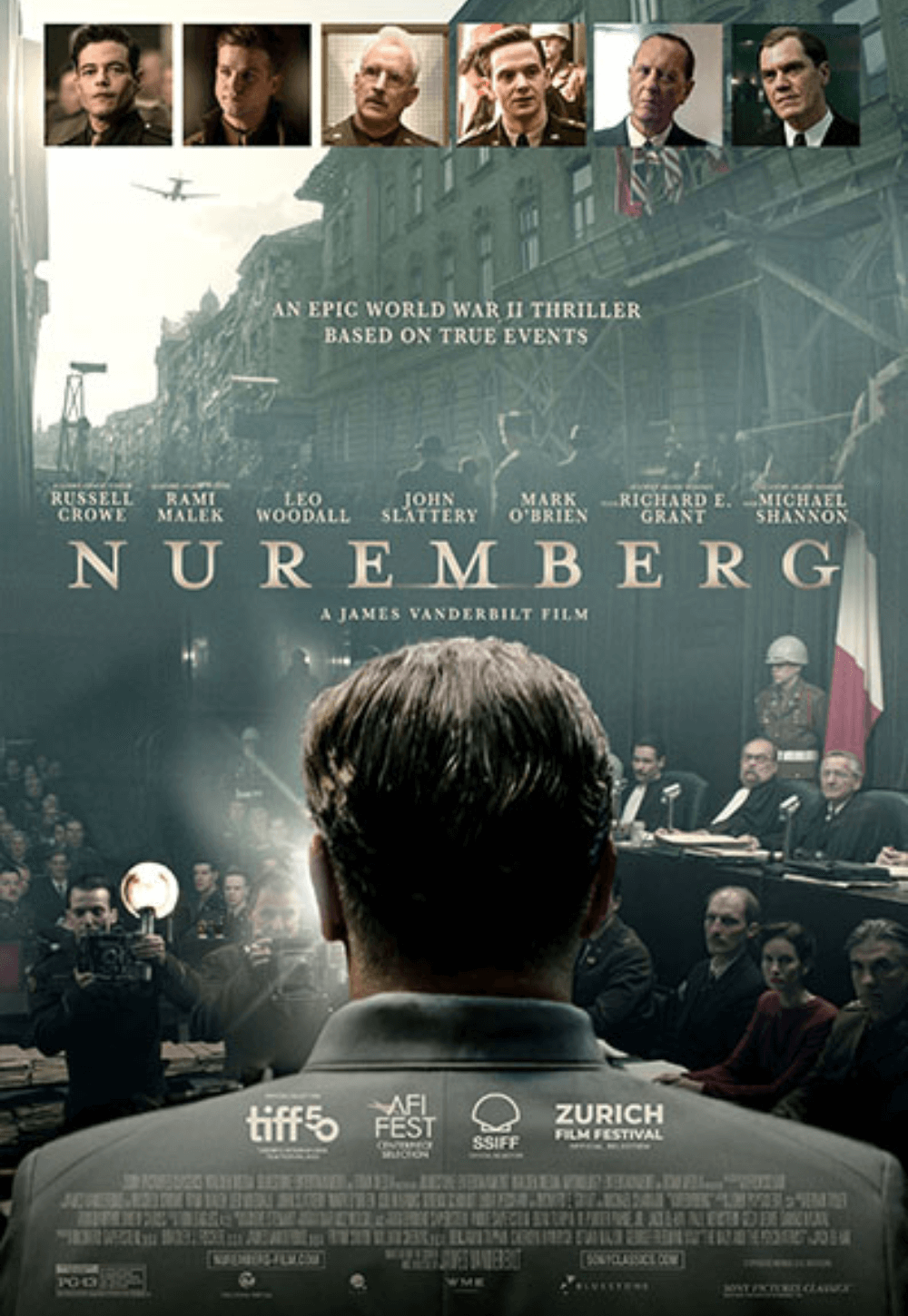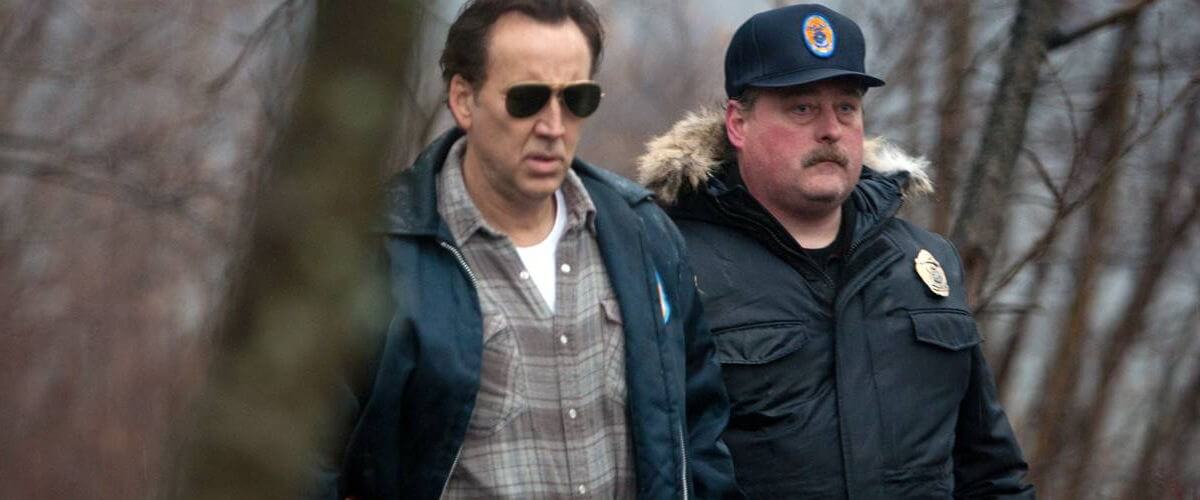
The Frozen Ground
By Brian Eggert |
Writer-director Scott Walker explores by-the-numbers true crime in The Frozen Ground, the story of real-life Detective Glenn Flothe, the investigator who solved the case of Alaska’s most prolific serial killer. Between 1971 and 1983, rapist and murderer Robert Hansen stalked and killed somewhere between 17 and 21 young women, most of them young prostitutes lured by Hansen’s promise of a $300 photo shoot. Flothe’s work helped catch Hansen in 1983, and today the serial killer is serving a 461-year prison sentence. In his debut feature, Walker sticks to a standard outline for such material and doesn’t delve deep enough into his protagonist’s life and how it was affected by the case, resulting in a lack of interest in this watchable, but ultimately uninvolving procedural.
Nicolas Cage plays State Trooper Jack Holcombe, a fictionalized version of Flothe, whereas many of the other principal characters go by their real-life names. Why, you might ask, was Flothe’s name changed? Perhaps because Walker takes certain liberties with the character’s personal life in a (failed) attempt to heighten his emotional involvement in the case. Nevertheless, Holcombe feels decidedly one-note. The film opens in 1983 with just two weeks left before Holcombe leaves his Anchorage post with his wife (Radha Mitchell) and young daughter. As his last case, Holcombe is assigned to look into the death of an unidentified woman whose body has been found in the wilderness, and the circumstances are such that Holcombe makes a connection to a series of unsolved murders and disappearances in the area since 1971.
All evidence points to mild-mannered local Bob Hansen (John Cusack), whose rap sheet features rape and kidnapping, but it’s all circumstantial. The discovery of the body also aligns with the testimony of Cindy Paulson (Vanessa Hudgens), a teenage runaway-turned-prostitute who claims Hansen handcuffed, raped, and attempted to kidnap her. At the last minute, she escaped as he tried to load her onto his airplane, but the interviewing police are quick to dismiss her claims, given her status as a street walker. Holcombe isn’t so quick to overlook Cindy’s accusation, however. And so, he tries to rescue the girl from her street life, while simultaneously investigating Hansen, who’s been careful not to leave any concrete evidence.
Cusack looks thin and pale as Hansen, but the script doesn’t explore the character enough to make him anything more than a thinly veiled monster. With black eyes and a den of taxidermied animals to echo Norman Bate’s office in Psycho, Cusack’s Hansen seems like an Average Joe, and, even after he’s exposed, he’s somewhat muted and never turns into a shocking or scary figure. Walker quickly dispels any second guesses by revealing Hansen’s true nature early on, missing an opportunity for suspense. Hudgens, meanwhile, becomes another in a series of child stars who attempt to announce their adult credibility as an actress by playing a sexualized hooker-with-a-heart-of-gold. This role could have been something akin to Jodie Foster in Taxi Driver, but instead, it’s more like Anne Hathaway in Havoc. Rapper and co-producer 50 Cent gives another wooden performance in the role of Cindy’s pimp. Mitchell is underused as a nagging wife. Breaking Bad‘s Dean Norris also appears as Holcombe’s right-hand man.
As for Cage, there’s nothing worse than when this energetic actor is assigned to dry material, and The Frozen Ground certainly qualifies as such. Comparable to Cage’s recent turns in Seeking Justice, Stolen, and Trespass, the actor sleeps through his performance, but at least doesn’t offer any embarrassing scenes that will later appear in a derisive gag reel on YouTube. Walker’s dull approach proceeds steadily, veering off during the middle into Alaska’s underground sex industry, but never requires too much effort from the viewer. With some thirty (!) credited producers and executive producers on this project, you’d think one of them would question why Walker’s script was so unexciting or dramatically staid, but you’d be wrong. Only Patrick Murguia’s on-location photography of the Alaskan wilderness holds any notable merit. Lionsgate has doomed the film to a limited theatrical release to coincide with its VOD debut, and it’s not difficult to understand why.
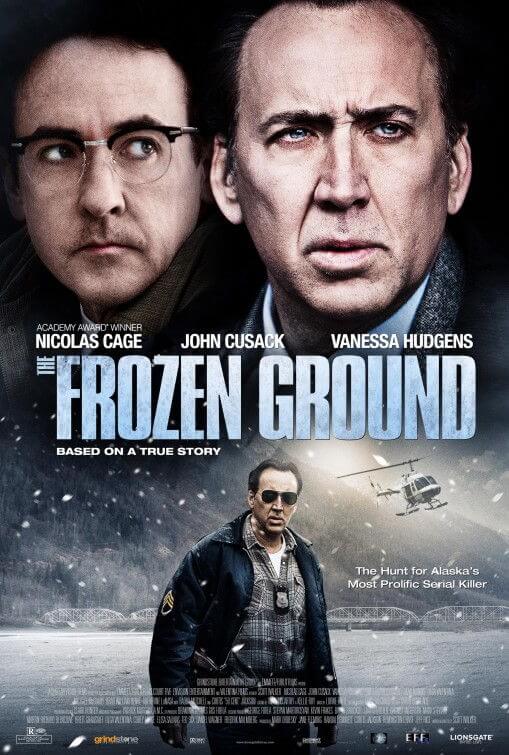
If You Value Independent Film Criticism, Support It
Quality written film criticism is becoming increasingly rare. If the writing here has enriched your experience with movies, consider giving back through Patreon. Your support makes future reviews and essays possible, while providing you with exclusive access to original work and a dedicated community of readers. Consider making a one-time donation, joining Patreon, or showing your support in other ways.
Thanks for reading!
Brian Eggert | Critic, Founder
Deep Focus Review


